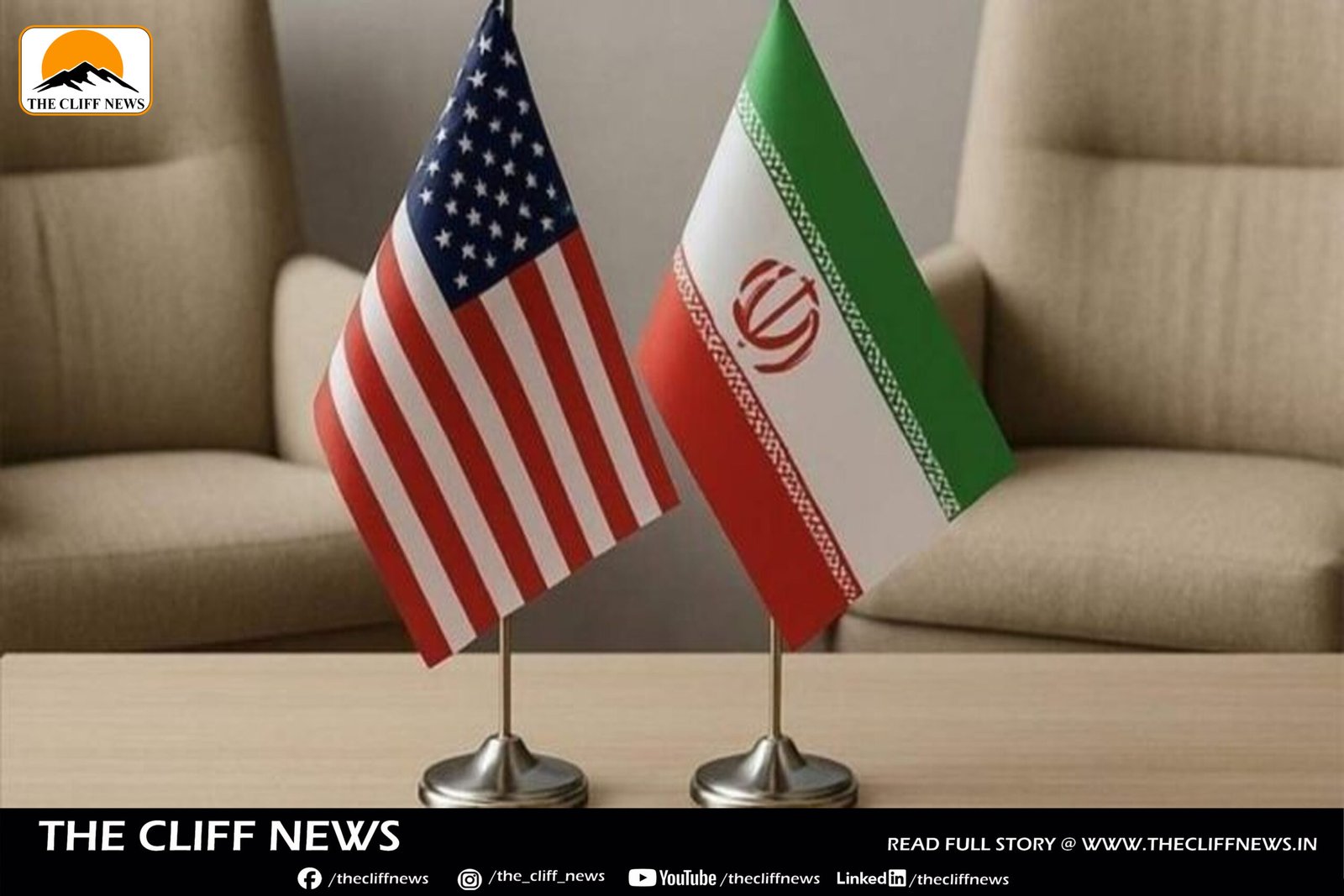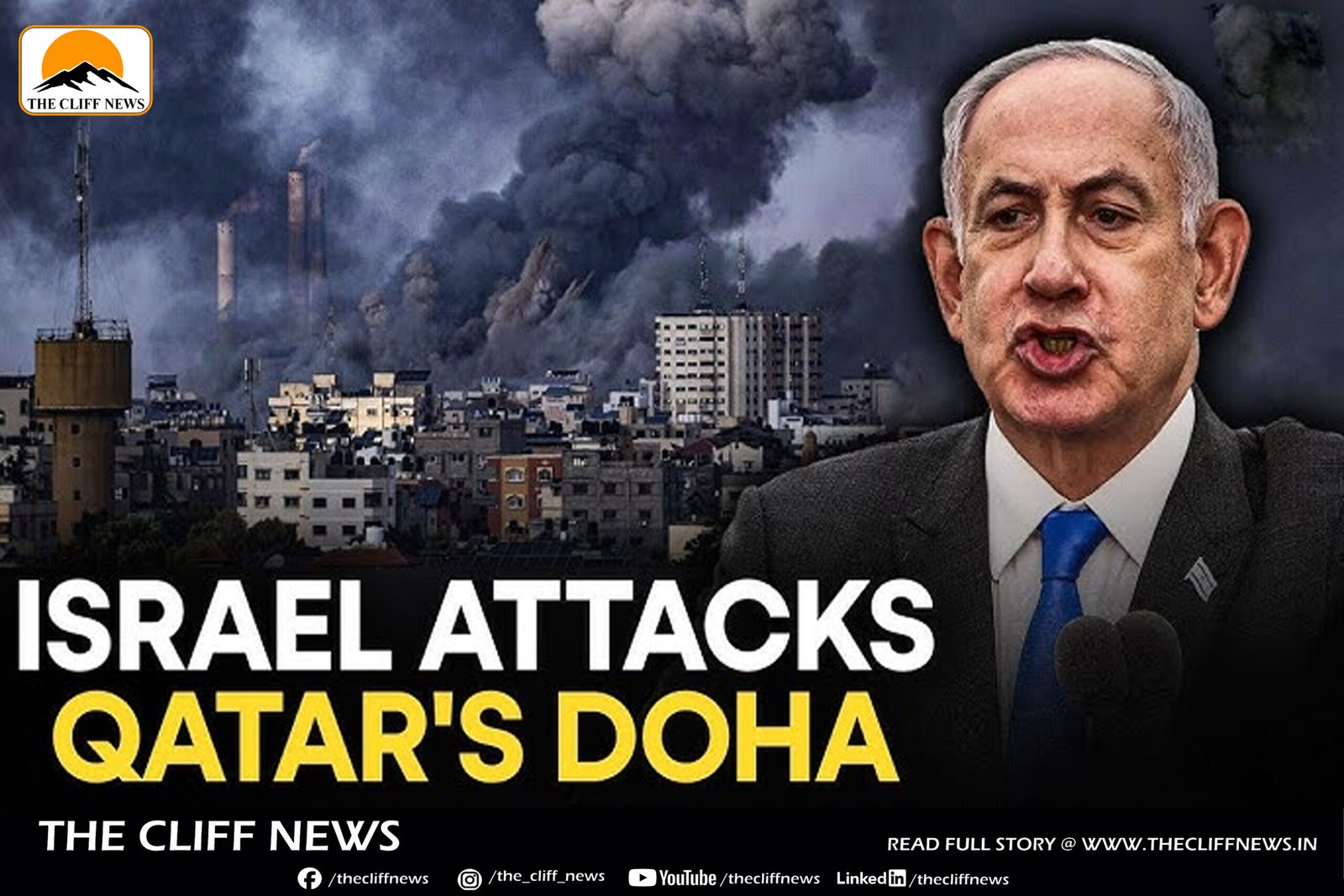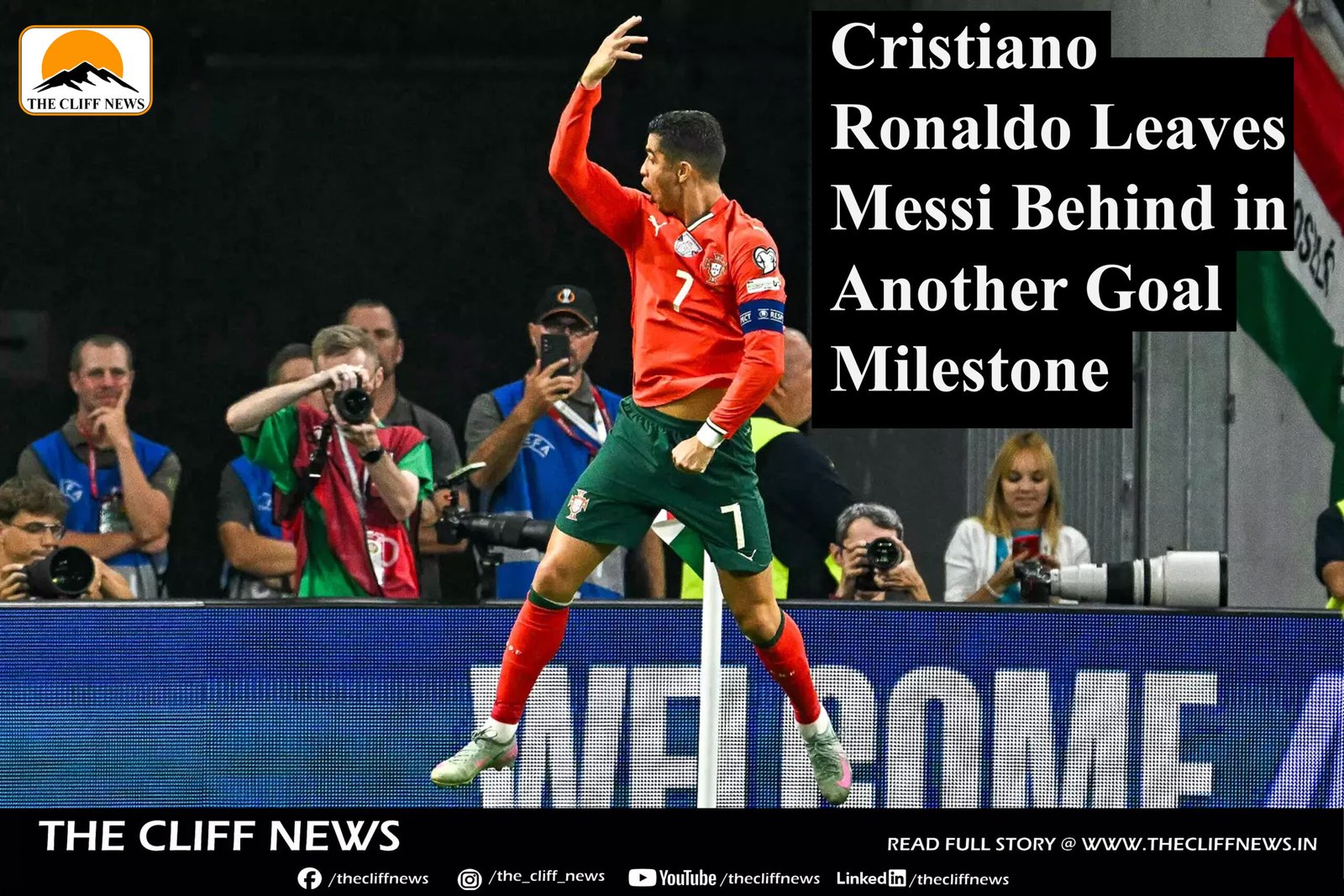Iran and the United States have resumed delicate nuclear negotiations in Rome, marking the fifth round of talks aimed at resolving a long-standing dispute over Tehran’s nuclear program, Iranian media reported Friday. The discussions are being mediated by Oman, with Iranian Foreign Minister Abbas Araqchi and Trump’s Middle East envoy Steve Witkoff leading the delegations.
Despite both sides expressing a preference for diplomacy, the path to a deal remains fraught with deep divisions, particularly over uranium enrichment — a core sticking point that could make or break any future agreement.
Key Sticking Points
- Iran’s Position: Foreign Minister Araqchi posted on X (formerly Twitter), “Zero nuclear weapons = we DO have a deal. Zero enrichment = we do NOT have a deal,” signaling Iran’s red line: the country is unwilling to halt enrichment entirely, which it sees as a matter of national sovereignty.
- US Demands: The Trump administration is pushing for Iran to abandon uranium enrichment altogether, which it argues is necessary to prevent Iran from developing a nuclear weapon. Trump believes such a move would reduce the risk of a regional arms race and protect allies like Israel.
- Supreme Leader’s View: Ayatollah Ali Khamenei, Iran’s Supreme Leader, has firmly rejected US demands, calling them “excessive and outrageous,” and casting doubt on the chances of a successful outcome.
- Uranium Stockpile: Another impasse is Iran’s refusal to ship out its existing stockpile of highly enriched uranium — enough, some experts say, to potentially build a nuclear bomb.
- Ballistic Missiles & Sanctions: Tehran also refuses to negotiate over its ballistic missile program and insists on “watertight guarantees” that the US won’t renege on a future deal — a reference to Trump’s 2018 withdrawal from the 2015 Joint Comprehensive Plan of Action (JCPOA) and the reimposition of crippling sanctions.
US Perspective
White House Press Secretary Karoline Leavitt said Thursday that President Trump views the talks as “moving in the right direction.” Secretary of State Marco Rubio echoed cautious optimism earlier in the week, stating the US hopes to strike a deal allowing for peaceful nuclear energy in Iran — but not uranium enrichment.
Broader Context
Tensions have soared since Trump returned to office this year, reinstating a “maximum pressure” campaign and sanctions that have severely hit Iran’s oil-dependent economy. In response, Iran has accelerated its enrichment program well beyond the JCPOA limits, a move that alarmed Western governments but which Tehran insists is solely for civilian energy needs.
Expert Outlook
Wendy Sherman, a former US negotiator of the 2015 nuclear deal, cast doubt on Washington’s ability to persuade Iran to give up enrichment altogether, noting that Tehran regards it as a non-negotiable symbol of sovereignty.
Bottom Line:
While both sides remain engaged and diplomatic efforts continue, fundamental disagreements over enrichment, sanctions, and trust suggest that a breakthrough deal remains elusive — unless one side is willing to significantly compromise. The Rome talks may be crucial, but the odds of success remain uncertain.



